March is Women’s History Month ― a time to celebrate the accomplishments, legacies and everyday achievements of women around the world. However, the movement for women’s rights is not subject to a single month, nor does it only pertain to the white-washed ideology that is often at the forefront of feminism.
We should be acknowledging the intersectionality of feminism, relearning the history of the women’s rights movement and celebrating that there is not just one way to be a woman during this month.
Intersectionality within the feminism movement places those who experience overlapping areas of oppression into the center of the conversation, opening up the movement to trans women, disabled women and women of color. It involves acknowledging systematic issues, as well as the historical context of the oppression women face.
The modern feminism movement has encompassed more of this, but even so, the faces of the movement are more often than not white, cisgender and able-bodied women. While Sojourner Truth’s words “Ain’t I a woman?” are ignored, white women are put up on a pedestal when it comes to feminism in the media.
Hillary Clinton, Eleanor Roosevelt and other powerful women in politics and beyond should show young girls that the glass ceiling they are subjected to should be shattered, but we must stop pretending that they are the only representations of strong women.
From Sylvia Rivera to Ida B. Wells to Malala Yousafzai, there is no shortage of feminists who extend beyond the narrow binary.
Susan B. Anthony is not the pinnacle of feminism, but there are plenty of women throughout history that embody intersectionality.
Pinnacle moments in the women’s rights movement, such as obtaining the right to vote, would not have been possible without women of color. Trans women of color played a vital role in Stonewall and continue to fight today for gender equality.
It’s time we relearn history to include all women, not just those featured in a history book.
The past allows us to understand the future, and understanding the true history of the fight for equality is vital to continuing the feminism movement under the guise of intersectionality and equity.
During Women’s History Month, we must all acknowledge the beauty of womanhood ― and the inherent fluidity of it. Today, cultures around the world all have various definitions of what it means to fulfill and thrive within womanhood, and now more than ever we should embrace that.
No matter what a woman wears or how she chooses to express herself, she is valid in her identity. When we celebrate women, we must celebrate each and every one.
Women’s history and its celebration are not confined to a single month, but we should take the time now to embrace intersectionality and look to the future of feminism.


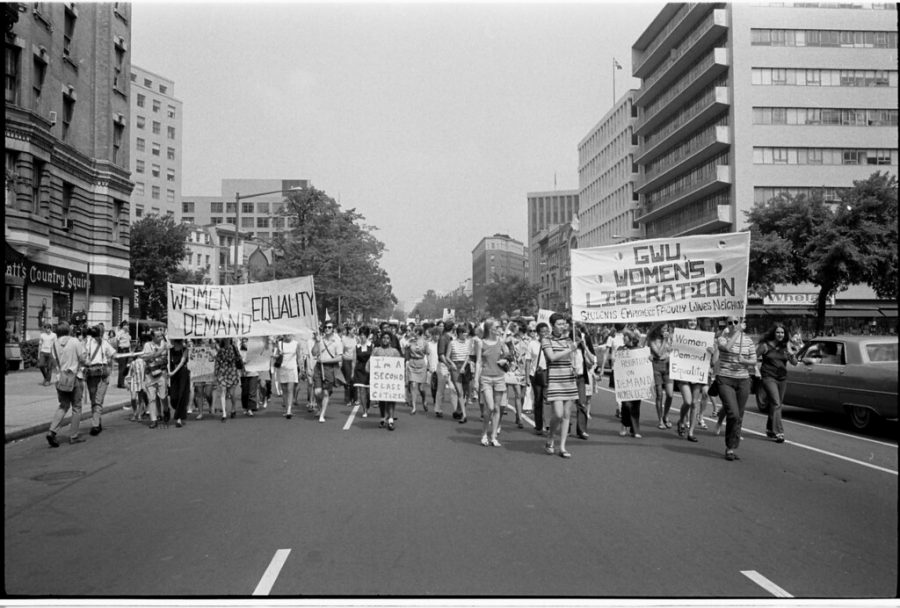



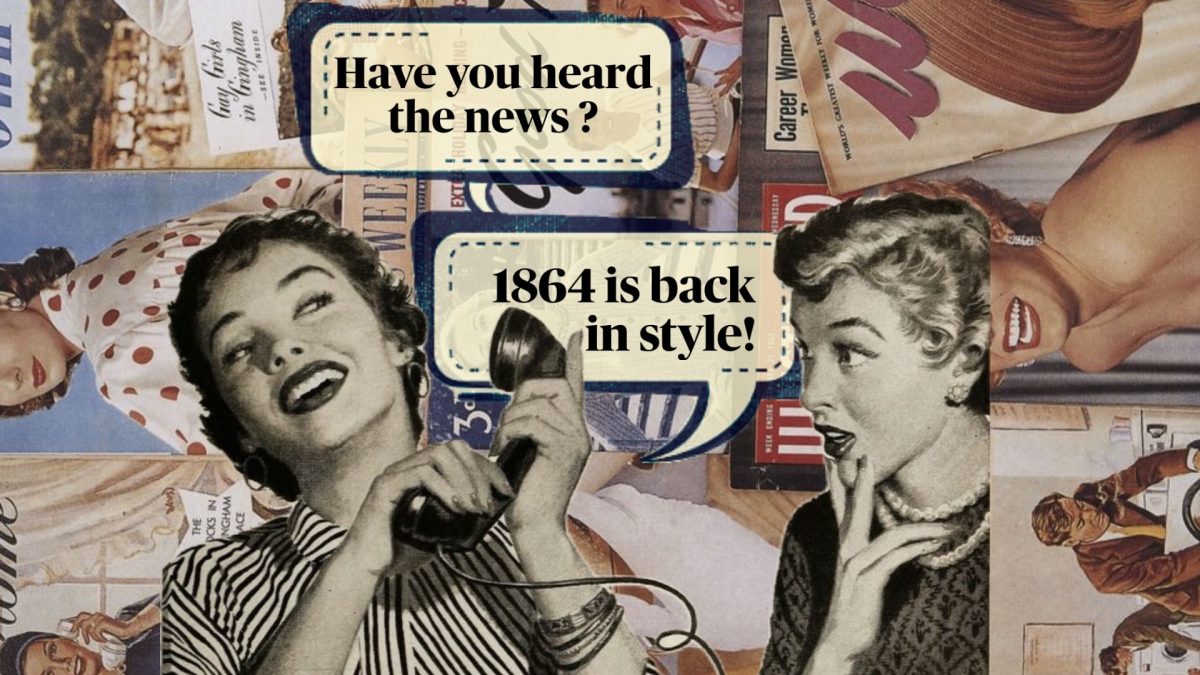


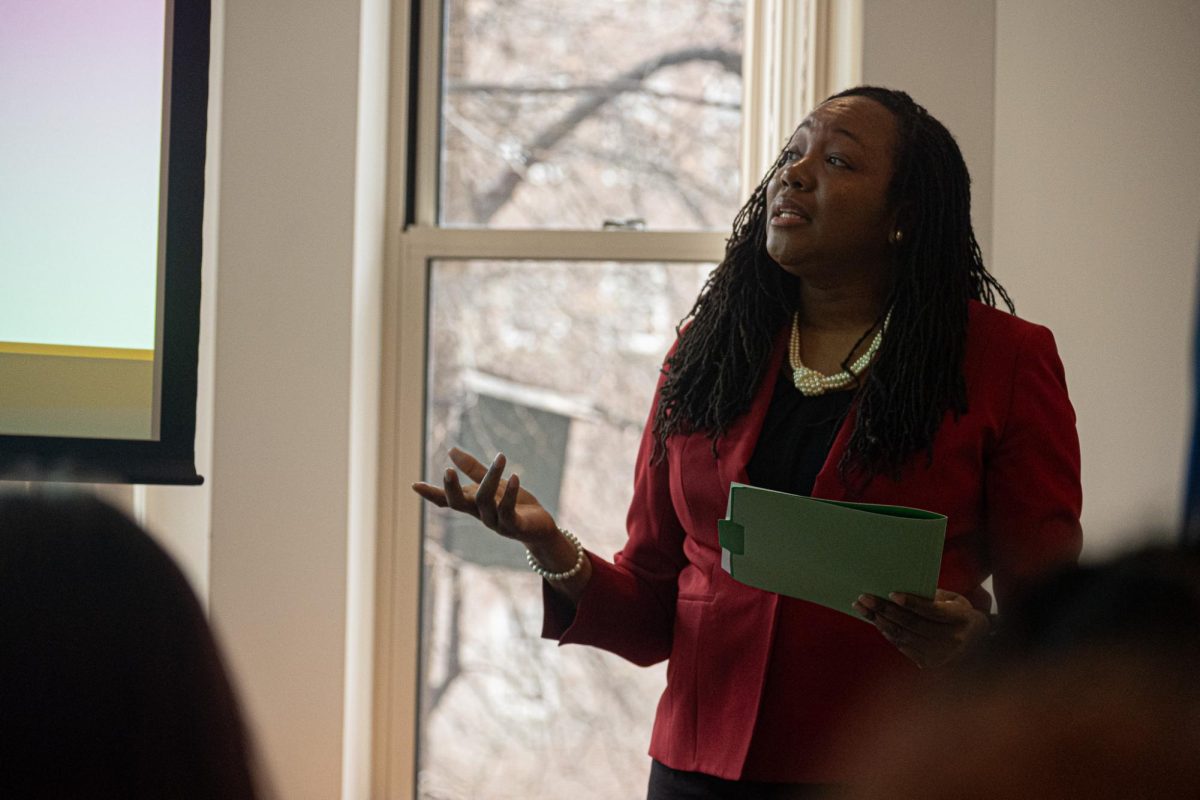
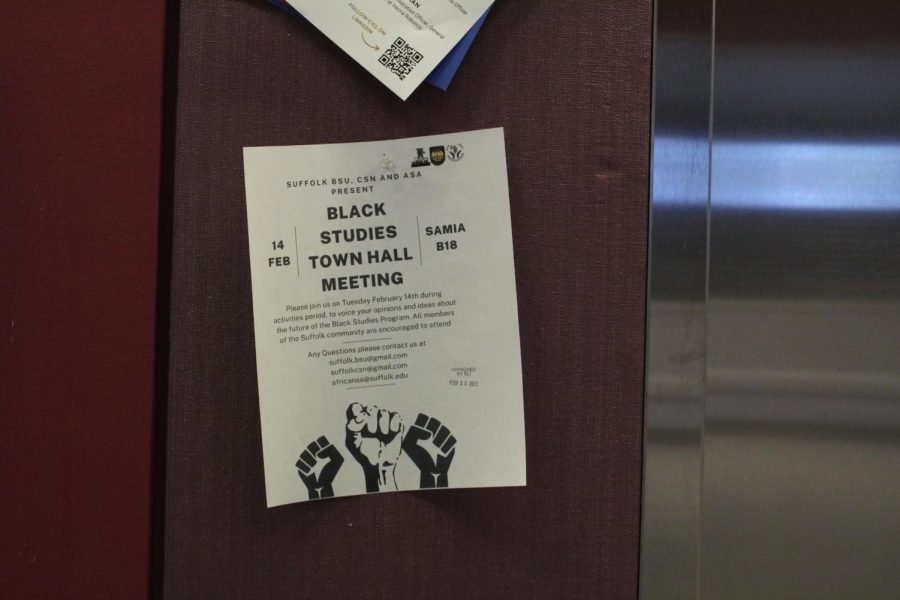
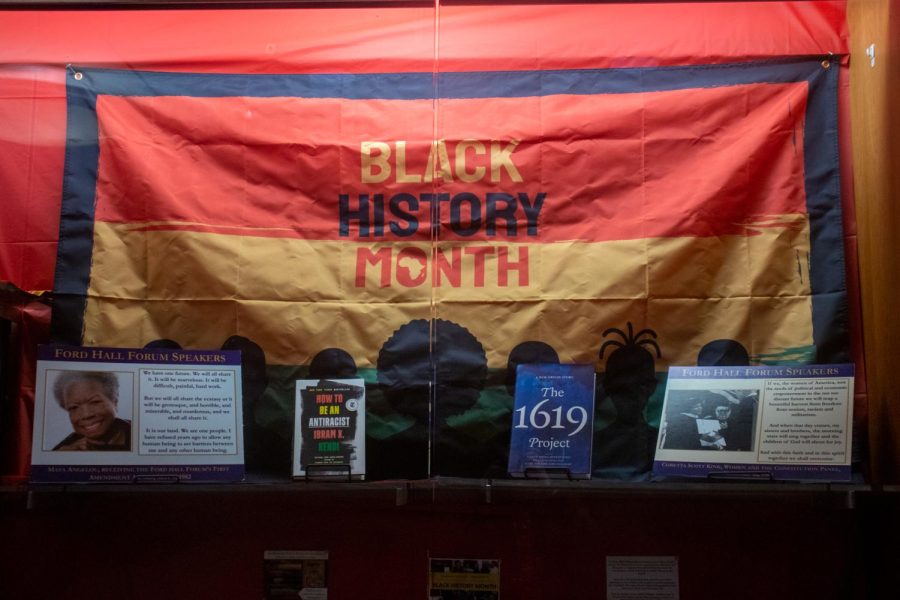


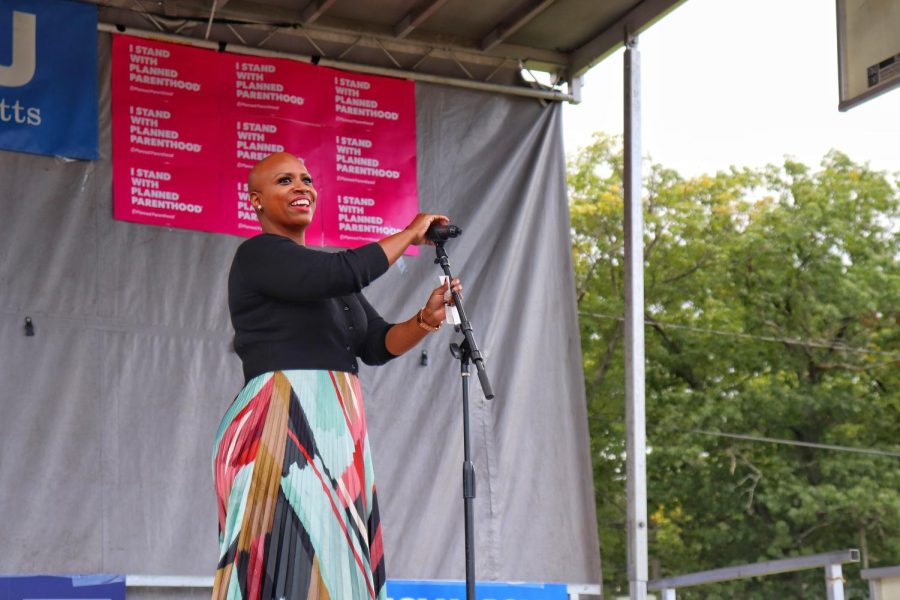







Ellen Sullivan • Mar 24, 2021 at 6:08 am
Amazing :). Thoughtful and well written.